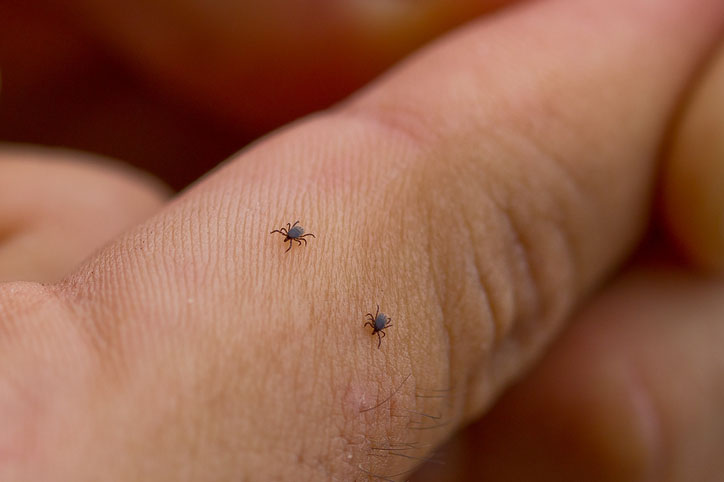Heart Disease and Heart Failure in Horses
- Heart and Blood Vessel Disorders of Horses
- Introduction to Heart and Blood Vessel Disorders of Horses
- Heart Disease and Heart Failure in Horses
- Diagnosis of Cardiovascular Disease in Horses
- Treatment of Cardiovascular Disease in Horses
- Congenital and Inherited Disorders of the Cardiovascular System in Horses
- Heart Failure in Horses
Unlike diseases of many other organ systems, cardiovascular diseases generally do not go away but almost always become more serious. In addition, cardiovascular diseases may be more difficult to detect and quantify because the heart cannot be seen and is protected so well by the rib cage. In horses, cardiovascular disease is less common than in people, dogs, or cats. However, because horses are often expected to perform work or athletic feats, the cardiovascular condition of the animal may be relatively more important.
Heart disease can be defined as any abnormality of the heart. It encompasses a wide range of conditions, including congenital abnormalities and disorders of physical structure and function. It can be classified by various methods, including whether the disease was present at birth or not (that is, congenital or acquired), causes (for example, infectious or degenerative), duration (for example, long- or short-term), clinical status (for example, left heart failure, right heart failure, or biventricular failure), or by physical structure malformation (for example, ventricular septal defect).
Heart failure is any heart abnormality that results in failure of the heart to pump enough blood to meet the body’s needs. It is not a specific disease; rather, it is a condition in which congestion or an abnormal accumulation of fluid, decreased blood flow to the body, and/or abnormally low blood pressure arise as the final consequence of severe heart disease. Heart disease can be present without ever leading to heart failure. Heart failure, however, can only occur if heart disease is present because it is a consequence of heart disease. Veterinary.heading on page Heart Failure in Horses
Abnormalities of the Cardiovascular System
The following abnormalities of the cardiovascular system can lead to heart disease: 1) the heart valves fail to close or open properly (valvular disease); 2) the heart muscle pumps too weakly or relaxes inadequately (myocardial disease); 3) the heart beats too slowly, too rapidly, or too irregularly (arrhythmia); 4) the blood vessels offer too great an interference to blood flow (vascular disease); 5) there may be openings between chambers of the left side and right side of the heart (cardiac shunts); 6) there is too little or too much blood compared with the ability of the blood vessels to store that blood; and 7) there is parasitism of the cardiovascular system.
Signs associated with any of these diseases are due either to inadequate blood flow through the organs (signs include exercise intolerance, weakness, and fainting) or to blood damming up in organs, which causes fluid to leak from blood vessels into tissues (signs include abnormal accumulation of fluid in the lungs or abdomen). A horse showing signs of having too little blood in the tissues to sustain normal function is said to be in heart failure. An animal showing signs caused by blood damming up in poorly drained organs is said to be in congestive heart failure. When there is not enough oxygen in the blood, the mucous membranes develop a blue tinge, and often there is an increased concentration of red blood cells.
Horses with heart disease may deteriorate gradually, most often due to pulmonary failure, or they may die suddenly, due to a nearly instant stoppage of blood circulation. Pulmonary failure occurs because the lungs become too stiff to bring in adequate oxygen.
- Heart and Blood Vessel Disorders of Horses
- Introduction to Heart and Blood Vessel Disorders of Horses
- Heart Disease and Heart Failure in Horses
- Diagnosis of Cardiovascular Disease in Horses
- Treatment of Cardiovascular Disease in Horses
- Congenital and Inherited Disorders of the Cardiovascular System in Horses
- Heart Failure in Horses





